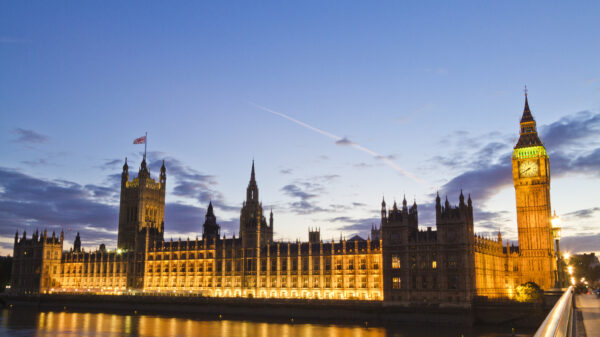Staff Writer Ahmed Iqbal examines Chancellor Rachel Reeves’ bold first budget, exploring Labour’s ambitious investment plans and their potential to revive Britain’s economy amid concerns over limited structural reforms and long-term growth prospects.
In Labour’s first budget in over fourteen years, Chancellor Rachel Reeves didn’t hold back, announcing £100bn of extra investment during this Parliament. Reeves is betting hard that more investment and extra spending on public services will help to deliver Labour’s “first mission for Government” – growing Britain’s economy – but limited structural reforms may leave Reeves’ growth mission unfulfilled.
A Bold Approach to Public Spending
The budget is impressive in scale, raising £40bn in additional taxes and a further £28bn in additional borrowing annually. Labour has prioritised large-scale investment and health spending while maintaining pre-election promises not to increase certain major taxes, leaving little flexibility for broader reform. Reeves has had to rely on raising employers’ national insurance contributions, a measure that, while broad-based, risks slowing wage growth. Additionally, modest increases in capital gains and inheritance taxes represent small adjustments rather than comprehensive reforms.
This increase in tax-and-spend, unprecedented in modern history outside of recessions and pandemics, is recognition of the important role that infrastructure can play in increasing productivity and boosting economic growth. This increase in public spending targets areas long seen as growth bottlenecks, particularly transportation and energy infrastructure, and signals an important step forward in addressing the UK’s low investment record within the G7.
Whilst Labour argue that this substantial investment in public infrastructure will stimulate economic growth, the Office for Budget Responsibility (OBR) has forecast only modest long-term growth effects, far from Labour’s pledge to lead the G7 in growth. Whilst Labour’s tax-and-spend plans are far from the unfunded Truss-era tax cuts, investors are still displaying caution as heavy borrowing, inflationary pressures and increased borrowing costs could ‘crowd out’ private investment.
Limited Reform: A Missed Opportunity
A considerable portion of Labour’s new revenue is earmarked for the NHS, which will receive a 3.4% increase in its real-terms budget. Labour’s dedication to addressing NHS funding needs is evident and aligns with their campaign to restore essential public services. However, with the NHS growing at a rate that exceeds overall GDP growth, simply increasing funding without productivity improvements may be unsustainable in the long term. Reeves has gestured toward efficiency improvements but provided little concrete guidance on how to achieve them.
Reeves has also committed to setting up an Office for Value for Money to oversee spending and launching a ten-year infrastructure strategy to see off ‘short-termism’, but without reforms the state’s recent track record on public spending casts doubts on the budget’s growth prospects.
The budget’s overall approach to tax policy has remained cautious. The bulk of tax rises comes from changes to employer national insurance, expected to raise £25bn annually. Beyond this, Labour’s reliance on a few selective tweaks in areas like capital gains and inheritance taxes avoids any major overhauls to the broader tax code, which has long been identified as complex and growth-restrictive.
Revising stamp duty, alongside a more equitable tax balance between employees and the self-employed, could have created a more growth-friendly tax environment, yet these opportunities remain untapped.
Moreover, Labour’s infrastructure investments, while substantial, require clearer plans to avoid bureaucratic delays that could hinder their impact. Planning and regulatory reforms are necessary to expedite development projects, particularly those within the transportation and energy sectors. Without changes to ease planning rules, Labour’s increased investment in infrastructure may not generate its intended economic benefits.
A Solid Investment Push – But Short of G7 Leadership
Labour’s budget marks a significant shift in Britain’s fiscal policy, with an aggressive tax-and-spend strategy reflecting the party’s commitment to reviving public services and investing in infrastructure. However, without deeper structural reforms, these policies may fall short of propelling the UK to the forefront of the G7 economies. While the increase in public investment is a step forward, the OBR’s subdued growth forecast, coupled with inflation and risks of interest rate rises, indicates that Labour’s path to making Britain the fastest-growing G7 economy is still uncertain.
Reeves’ budget is bold in its ambition but cautious in its reforms, which leaves some of Britain’s economic potential untapped. Achieving G7 leadership in growth will likely require a more comprehensive approach – one that combines increased public spending with a growth-friendly tax system and planning reforms.
Labour has bet big on growth, leaving little room for failure. Failing to deliver could force tax hikes in the future, risking their electoral base. But if Labour succeeds, Reeves will be remembered as the Chancellor who revived Britain’s faltering economy.
















